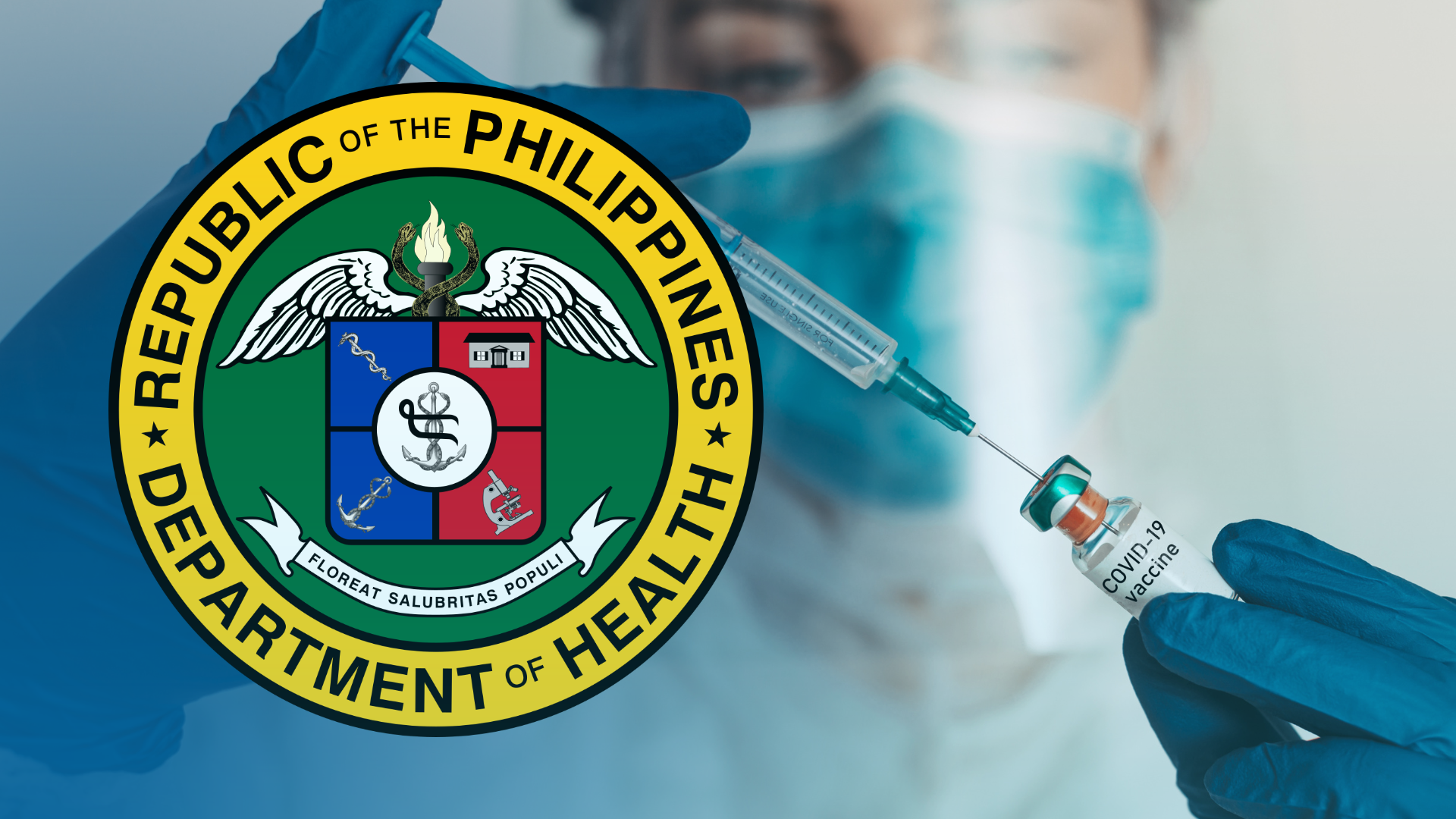DOH sees vax challenge if calamity state lifted
The Department of Health (DOH) said it was ready to continue its COVID-19 response, particularly its vaccination program, after President Ferdinand Marcos Jr. expressed reluctance to extend the state of calamity that he declared in September and which lapses today.
Meanwhile, another Omicron subvariant has been found to have been in the country even two months earlier, the DOH also disclosed on Friday, although it said the initial evidence showed that the new subvariant, BN.1, did not cause severe infections.
In its statement on Friday, the department said that “If the extension [it had requested from the President] will not be approved, we can still continue with the COVID-19 vaccination program using existing doses, considering their validity is hinged on their emergency use authorizations (EUAs).”
The agency said further it would explore other options for its COVID-19 response.But it also acknowledged some limitations without the extension of the state of calamity.
The DOH said it maybe difficult to procure more of the so-called new-generation vaccines, as the bivalent vaccines are also called.
These doses are an updated formula aimed at targeting the globally dominant Omicron variant and its subvariants.
Last Tuesday, however, DOH officer in charge Maria Rosario Vergeire said her agency was in talks with Pfizer and Moderna for the shipment of their bivalent jabs by early next year.
Defending the need to extend the state of calamity, the DOH also said it may also lose the manpower needed to carry on its vaccination program, which may hamper its efforts to encourage more people to be inoculated.
“It is expected that the number of vaccinators will decrease as other cadres, such as pharmacists may no longer be tapped, and willingness to vaccinate may decrease as immunity from liability is not guaranteed,” the DOH said in a statement.
In a memo to the President which it submitted on Dec. 23, the department sought another extension of the state of calamity, after the Senate failed to act on House Bill No. 6522 before Congress went on recess on Dec. 17.
The bill, a priority measure of the administration, seeks to establish the Center for Disease Control and Prevention as the oversight agency on the COVID-19 pandemic.
Without that proposed law, Vergeire had said earlier that it was necessary to continue the state of calamity, since it was the legal basis for her agency’s pandemic response—particularly the purchase of more vaccines.
It was Marcos’ predecessor, Rodrigo Duterte, who first made that declaration at the start of the pandemic in the country in March 2020.
It was since extended thrice—the most recent being Marcos’ extension last September, but only for three months until New Year’s Eve.
‘Wrong mindset’
The President now has reservations about prolonging it anew, saying that it was the “wrong mindset to [approach] the new year.”
“I’m still very, very hesitant to continue the state of calamity, to extend it because, again, we are not in a state of calamity anymore, technically speaking,” he said in a video message.That position drew criticism from the Alliance of Health Workers.
“Surge of COVID cases in China is very alarming now. Since our country is not imposing border control[s],… [the] possibility of a COVID surge in the Philippines is very likely,” the group’s president, Robert Mendoza, told the Inquirer.
He said the lifting of the state of calamity should be “objective and evidence-based.”
Mendoza also pointed out that many health-care front-liners have yet to receive their overdue COVID-19 benefits.According to its year-end report released earlier this week, the DOH said it had paid P1.4 billion in special risk allowances to 73,711 health-care workers. The department said it also paid about P421 million in sickness and death compensation to 27,899 beneficiaries.
More than 1.6 million eligible health-care workers have also received their emergency allowances amounting to P12.2 billion, the DOH said.
BN.1 cases
Also on Tuesday, the department disclosed in a biosurveillance report that Omicron subvariant BN.1 has had at least one case in the country as early as October.
The report said two cases were found by the Research Institute for Tropical Medicine and the Philippine Genome Center—one, a returning overseas Filipino from Kuwait whose sample was collected that month, and the other, a local infection sequenced in November.
But both cases have since recovered, the DOH said.
It also noted preliminary evidence which suggests that the new subvariant does not cause severe infections.
BN.1, a sublineage of BA.2.75, still has no classification from the World Health Organization, while the European Centre for Disease Prevention and Control called it a “variant under monitoring.” INQ
RELATED STORIES
Palace: State of calamity due to COVID continued for ‘possibly 3 months’
Delayed CDC bill prompts DOH to ask Marcos for state of calamity extension
For more news about the novel coronavirus click here.
What you need to know about Coronavirus.
For more information on COVID-19, call the DOH Hotline: (02) 86517800 local 1149/1150.
The Inquirer Foundation supports our healthcare frontliners and is still accepting cash donations to be deposited at Banco de Oro (BDO) current account #007960018860 or donate through PayMaya using this link.
































